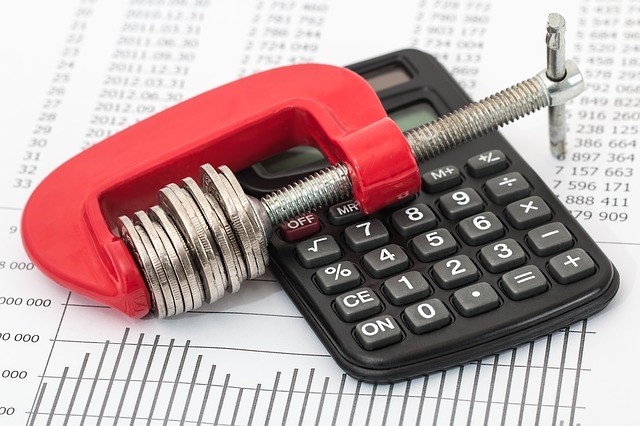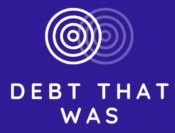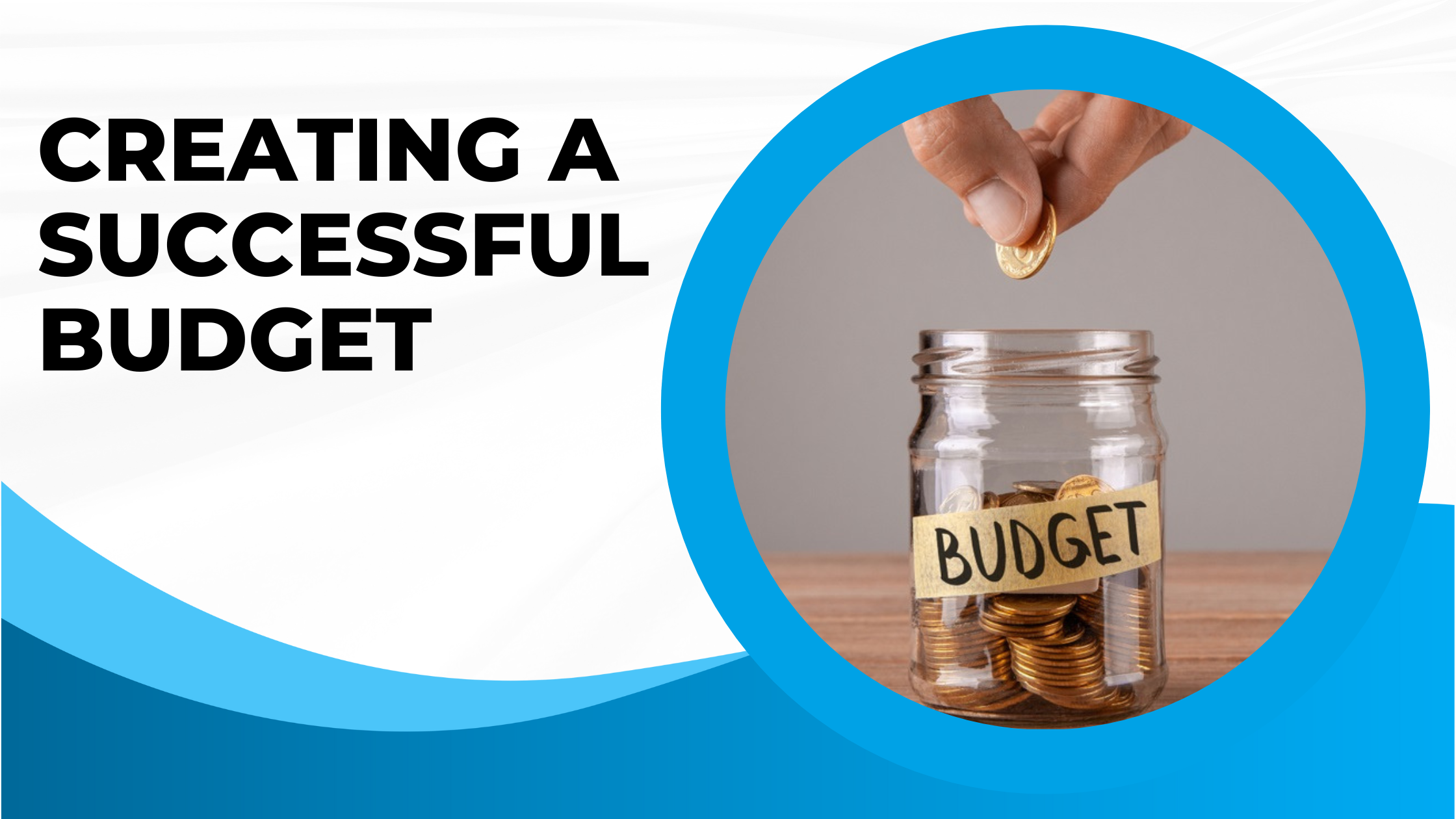Table of Contents
ToggleAdvantage of having a clear budget
A budget can be seen as a map toward financial freedom. It uses decisions as landmarks for where you need to be, what you should have at each point, and how to get there.
The budget features income and expenses, and the ultimate goal of creating a successful budget is to regulate spending to fit within the income.
Characteristics of a Successful Budget
Realistic Financial Goals
The financial end goal is the most critical driver for any budget. It determines the parameters you will use to set targets and measure performance.
Many budgets fail as they are set up to track actual costs instead of reaching the targets.
Saving Money to buy Necessities and Luxuries
An ideal budget should reduce spending to a certain amount, limit waste, save enough money to purchase new equipment, pay for college, set up a retirement fund, expand an enterprise, or any other measurable financial gain.
The type of goals you set during budget preparation should be achievable based on your specific circumstances.
If the mentality from the onset is that they are impossible goals, you will find it hard to stay focused as they are unachievable.
On the other hand, the more relevant the goals are, the higher the motivation levels.
Relevance of Budget Items
The items in the budget should be relatable and understandable. The categories of income and expenses and the accounting methods should reflect what is happening on the ground.
The income and expense projections are more relevant if they are based on current figures instead of conjuring ideal situations that will leave loopholes for justifying why you did not meet the unrealistic targets.
There should also be enough categories so that it is easy to break down and monitor where the money is going and if the spending is worth the investment.
A line-item budget also helps identify where you can cut costs and where more funds should be directed.
Too many categories can be counterproductive as tracking all the variables becomes overwhelming.
The optimum number of separate items in your budget will depend on your personality as, ultimately, it is you who is going to be managing the budget.
This obviously will depend on whether it is a personal or business budget.
Correct Income Projections
Every budget period is based on expected earnings, and misrepresenting this will defeat the purpose of having the budget in the first place.
Factor in all sources of income so that you are accountable for everything.
Combine capital and proceeds from the capital while not overestimating your earning capability.
If the projection is too high, you will struggle to meet your desired budget and will make your aim seem like an impossible task.
This will ultimately create apathy about the budget.
Inclusion of Variable and Discretionary Expenses
You can be too engrossed with recurring expenses that you fail to factor in other expenses. This may disrupt the budgeting process completely when these expenses are due because you are forced to take from other important budget sections.
Variable expenses are expenses you don’t pay regularly but must pay when they are due. Variable expenses may include licenses, insurance, car maintenance, taxes, and contracts.
If they are too much to cover with your monthly income, remember to spread the cost over many months so that you don’t struggle when they are due.
On a business level, a discretionary expense is not a mandatory expense. This can make it tempting to omit them from the budget. These are unexpected expenses.
These include entertainment, team building, corporate social responsibility, and related expenditures.
Budgetary Flexibility
Any budget should allow for changes that may be necessary during the period, such as unexpected bills. This will avoid debt and increase cash flow.
Circumstances are prone to change, and sometimes you discover that the initial projections of your spending plan were inaccurate.
The ability to readjust on the fly enables you to change strategy or adapt to new developments to better your organization and experience a more successful budgeting process.
The reasons vary from new market intelligence, unforeseen maintenance, and new technology to the Coronavirus pandemic.
You can enhance your budget’s flexibility for irregular expenses by having a contingency kitty or making provisions for miscellaneous funds. Having a savings fund or other financial plan on the side can also be a buffer for extra money in such times.
Savings Account
A successful budget requires an avenue for channeling the surplus income, known as a savings goal. It is from savings that investments and down payments are created. This can also be used as an emergency fund.
Income sources are prone to be inconsistent, and you may have unforeseen liquidity. There is a high chance of this going to waste if there is no place to channel the excesses. This should not be a problem if a savings plan is already in place.
Savings are the budget’s backup for emerging projects, and unforeseen calamities and provisions should be made for them like any other expenditure.
Regular Review
To know if a budget is successful, you should constantly be able to measure the variables to weigh where you are against where you envisioned you would be. All targets must be measurable so that you can know in good time if your strategy is working, how to enhance its efficiency, and what needs to be modified to achieve a more balanced budget.
A budget is an excellent tool for gauging the performance of an individual or an institution. Budgeting correctly can differentiate between achieving your goals and going around in circles.


